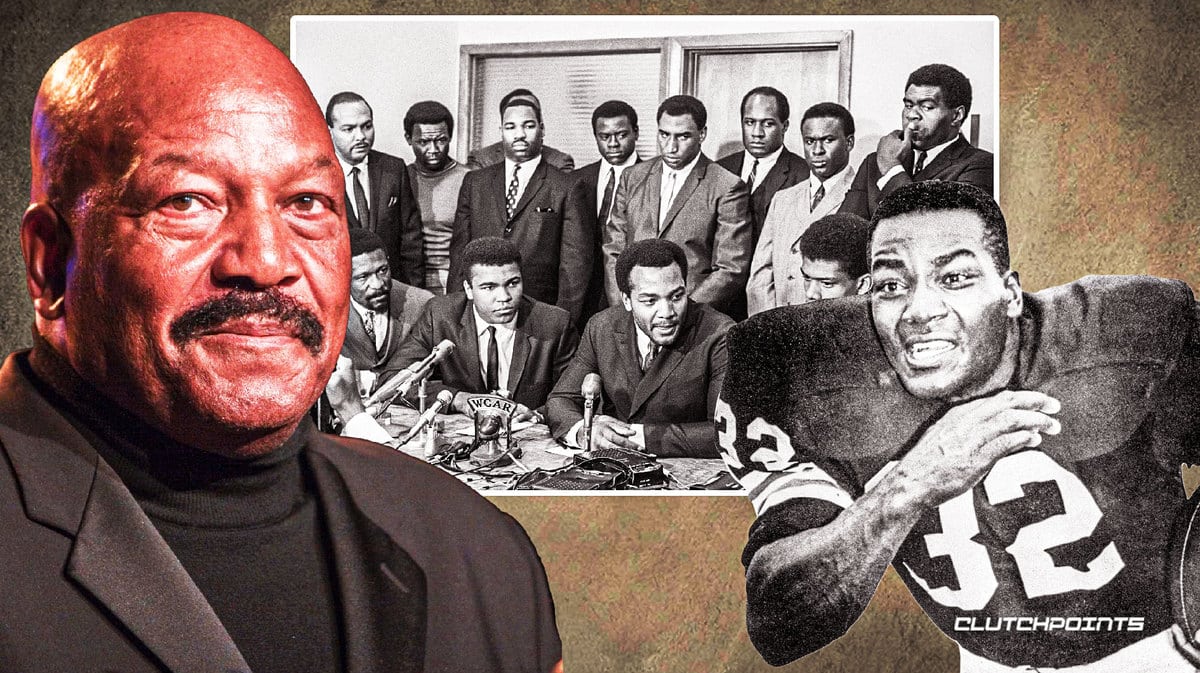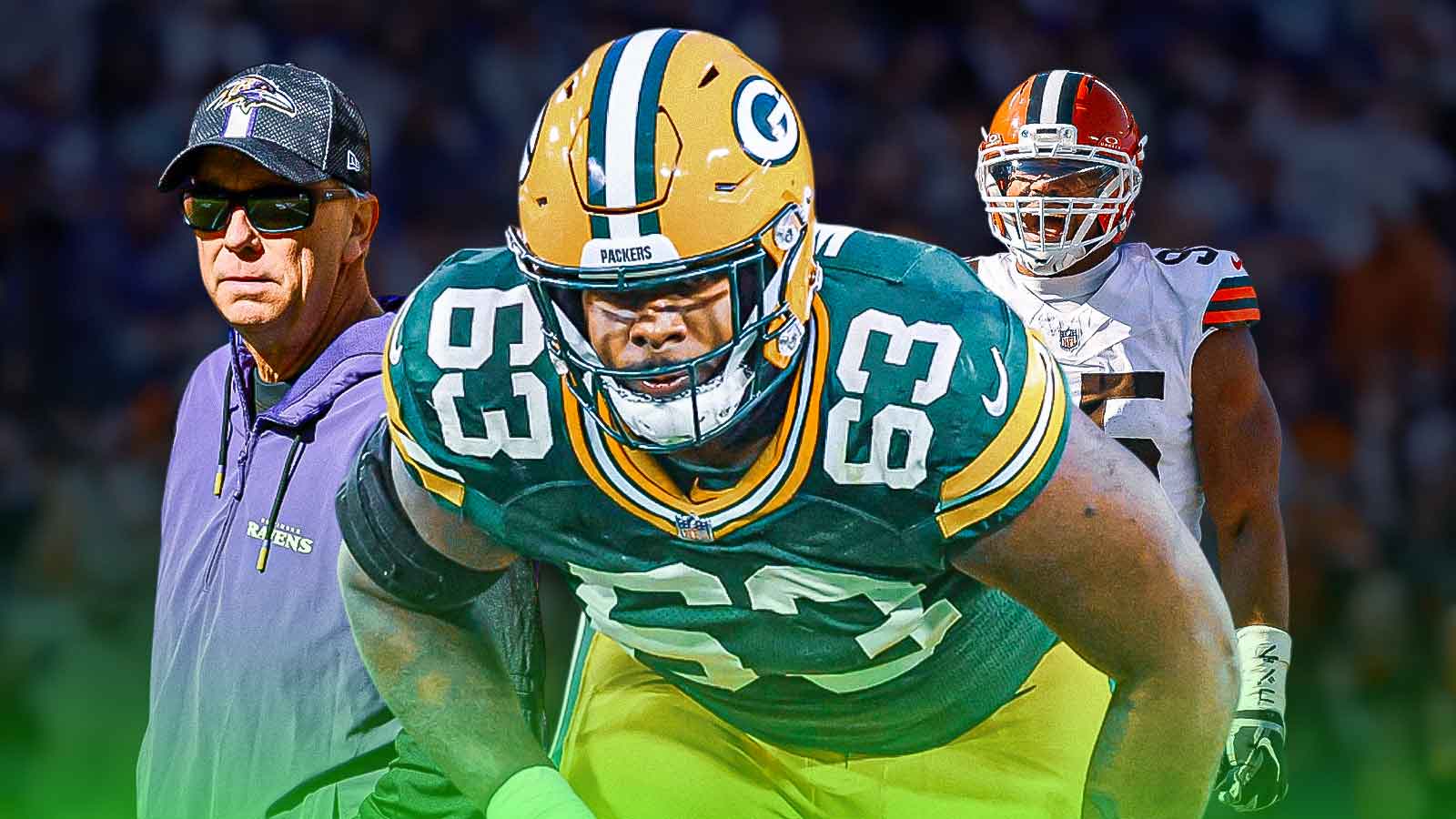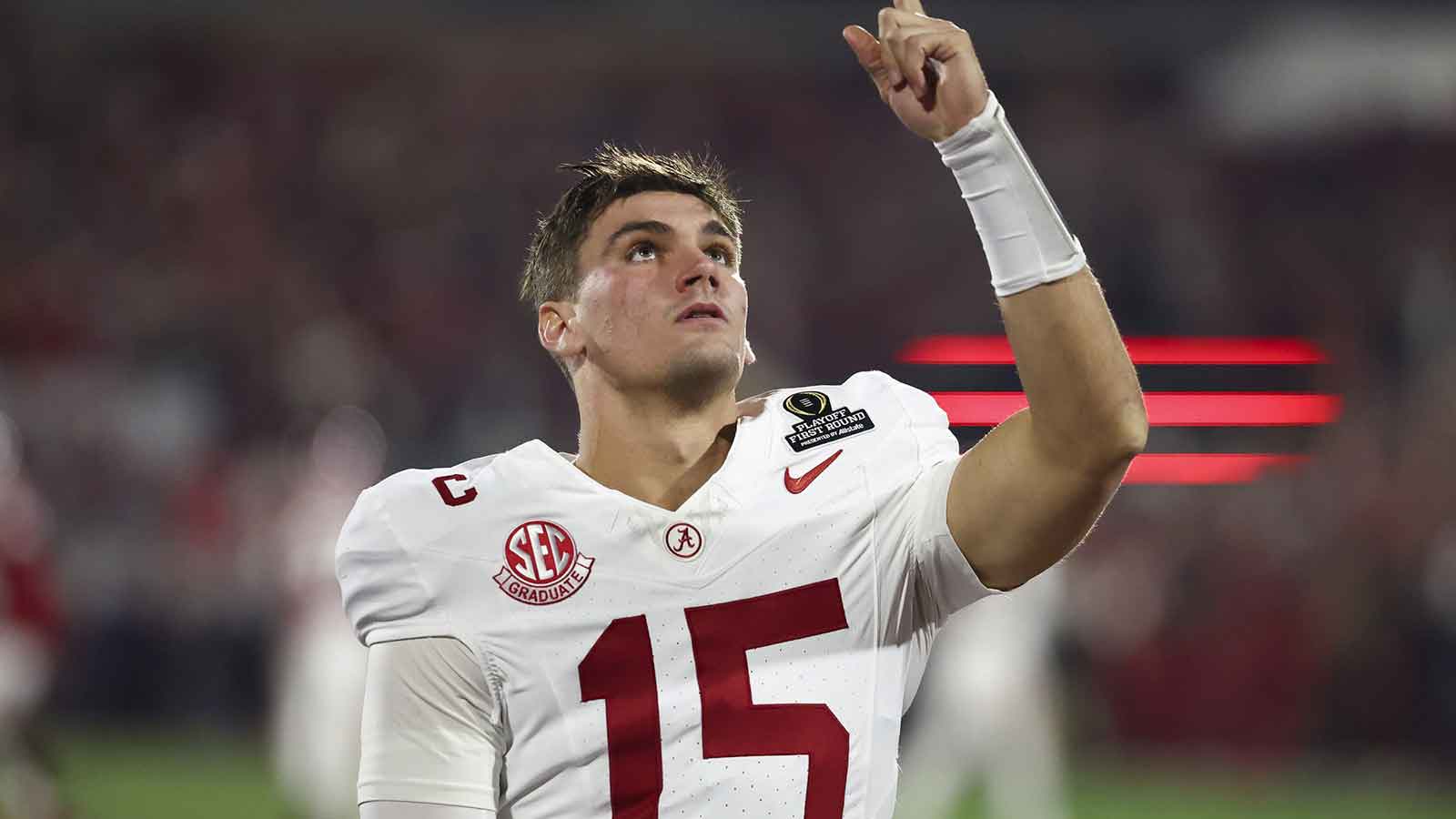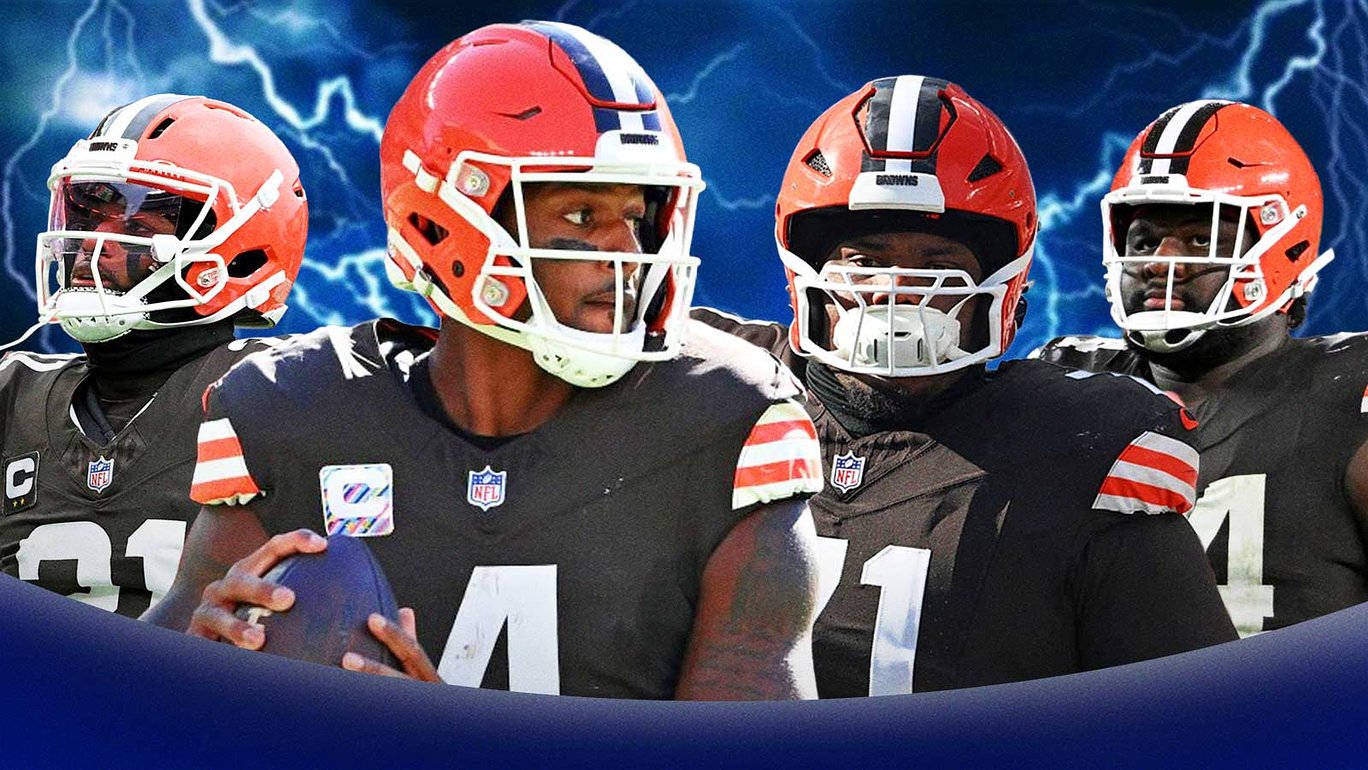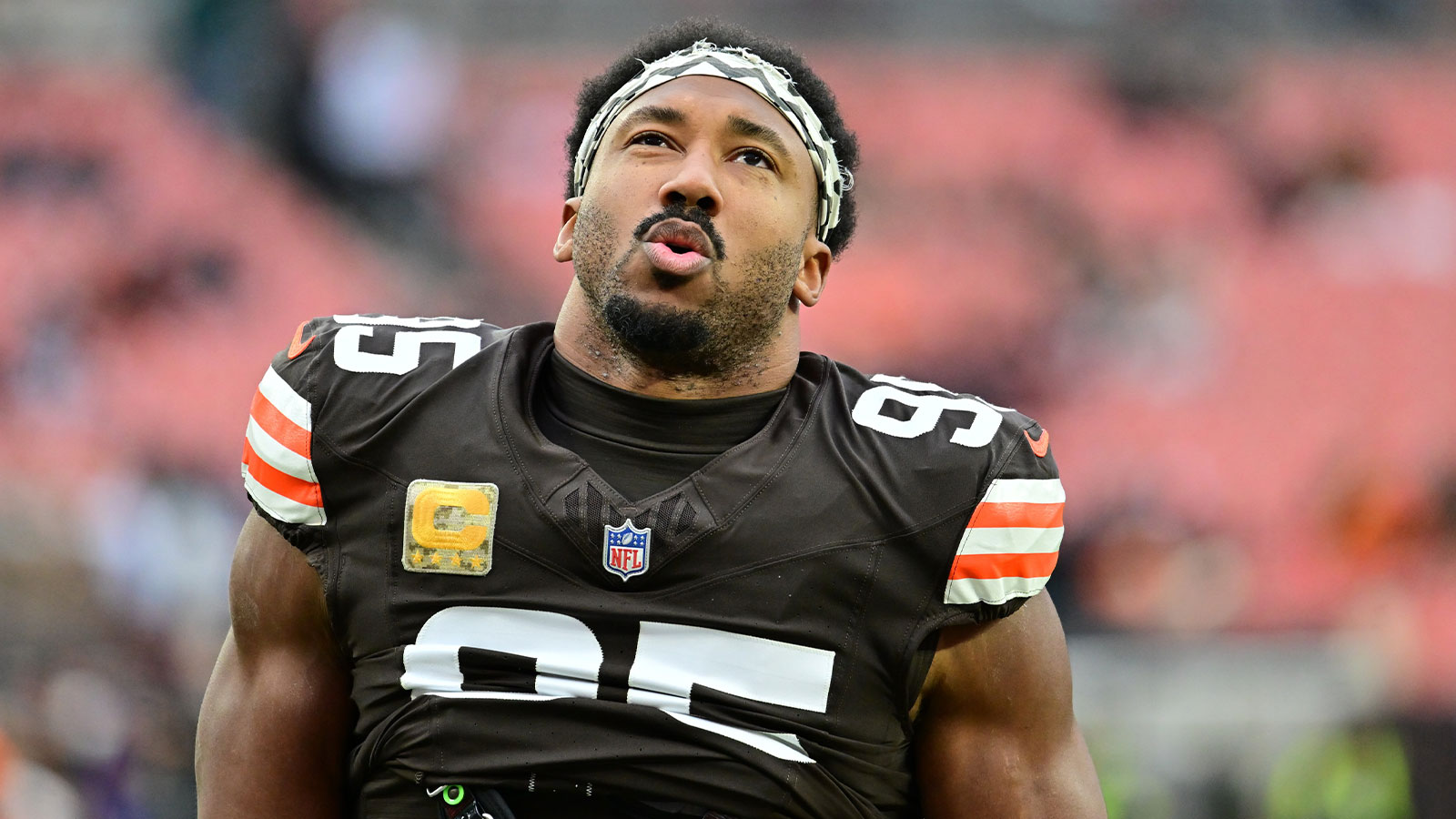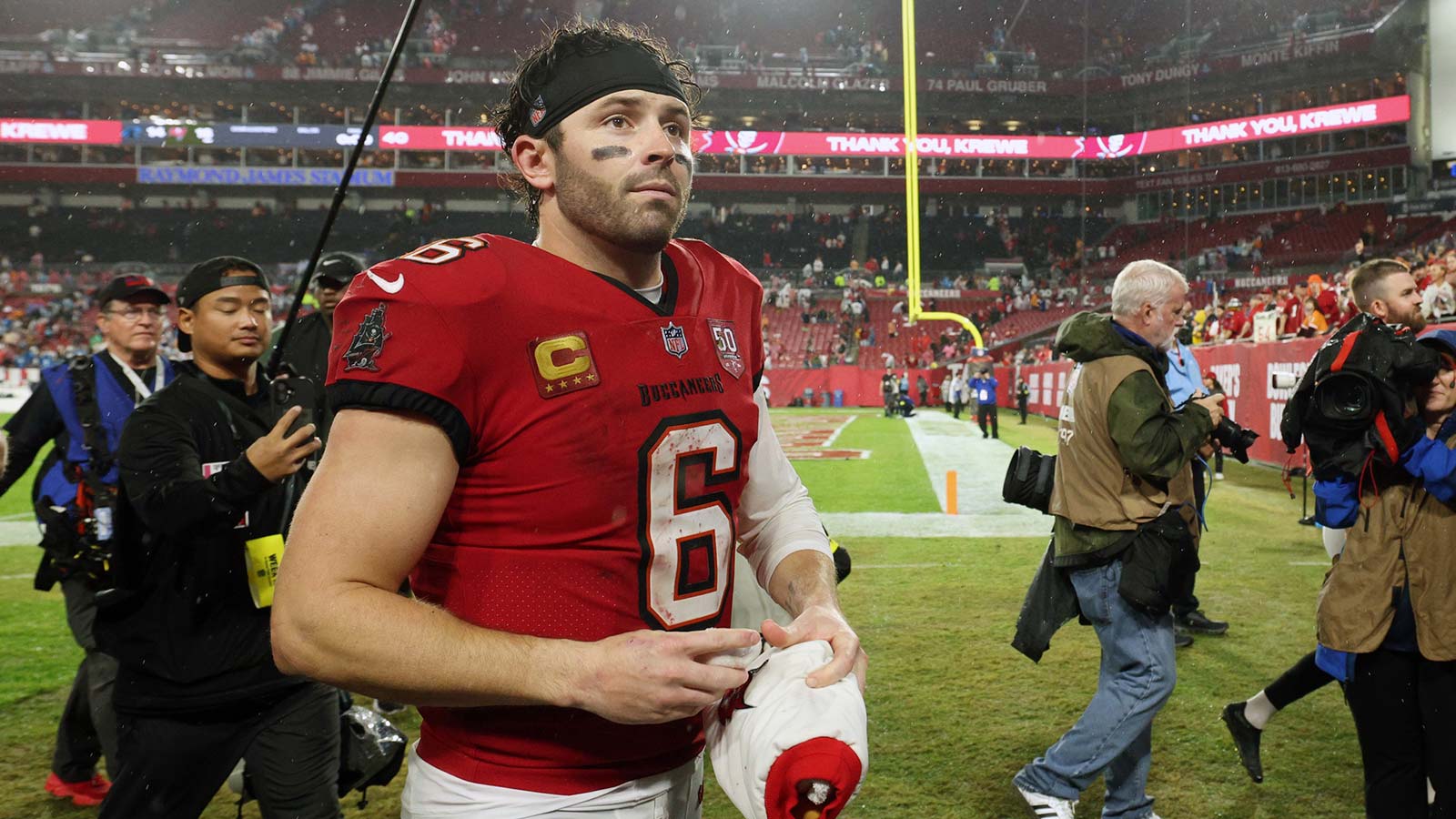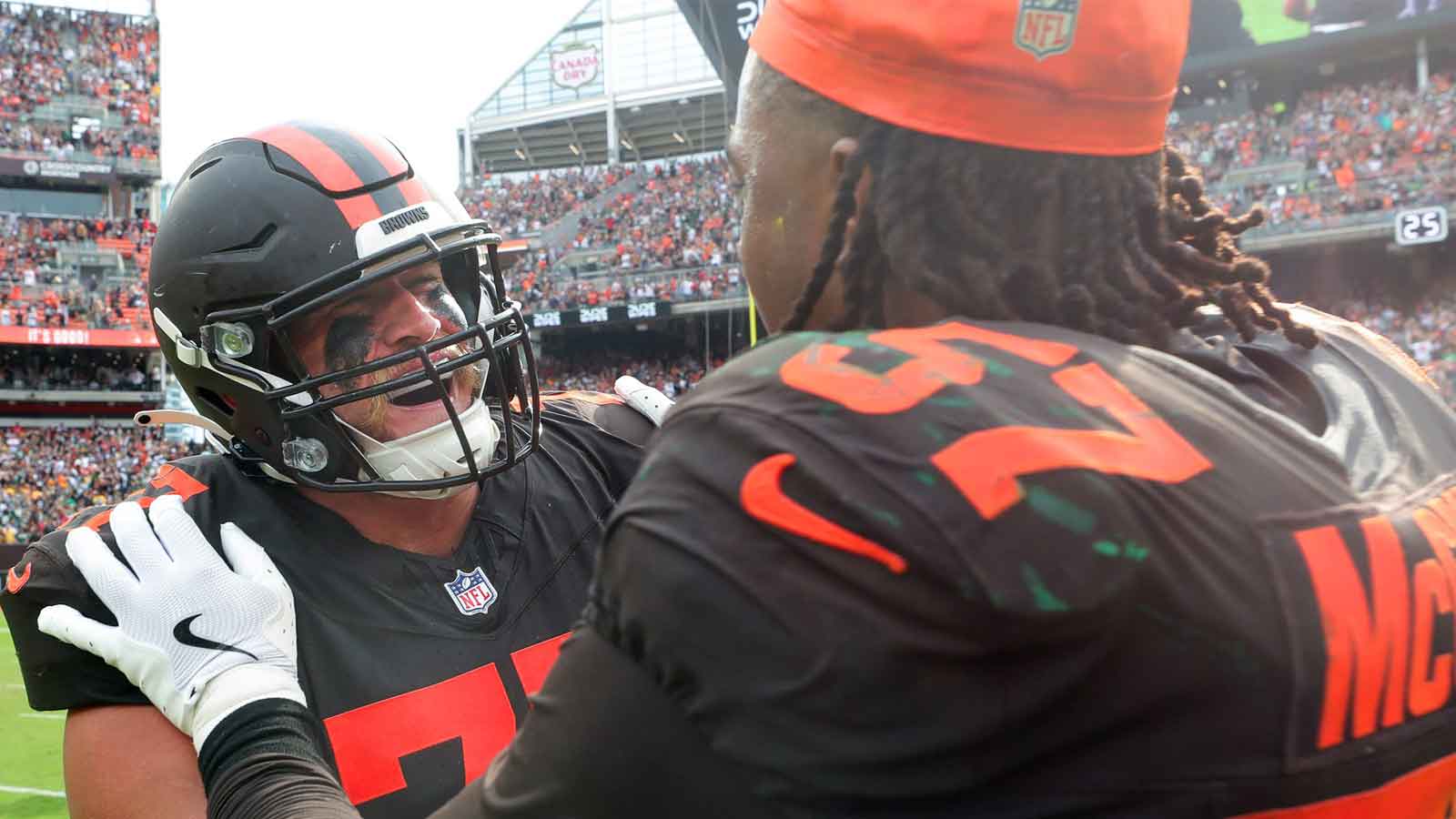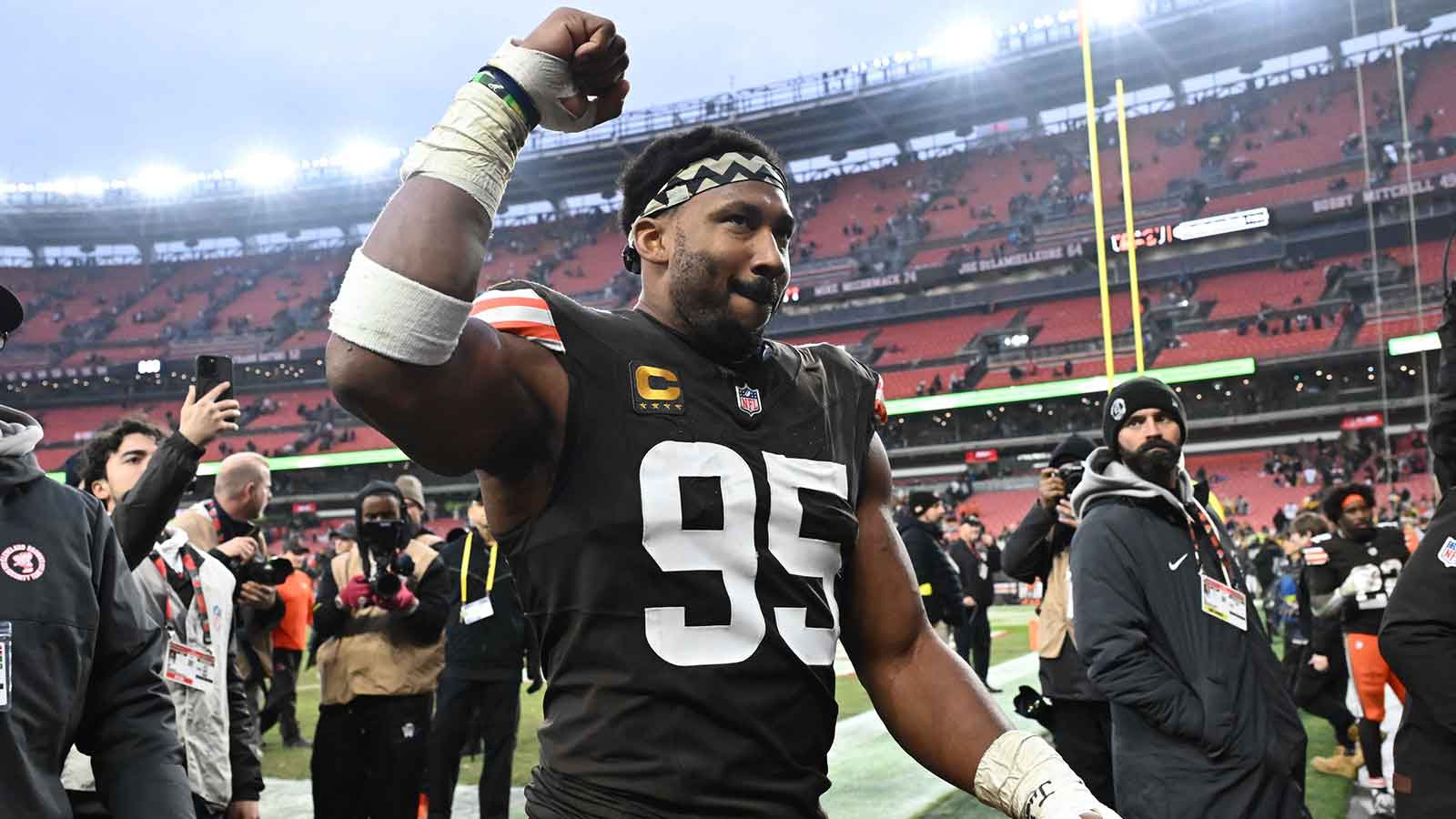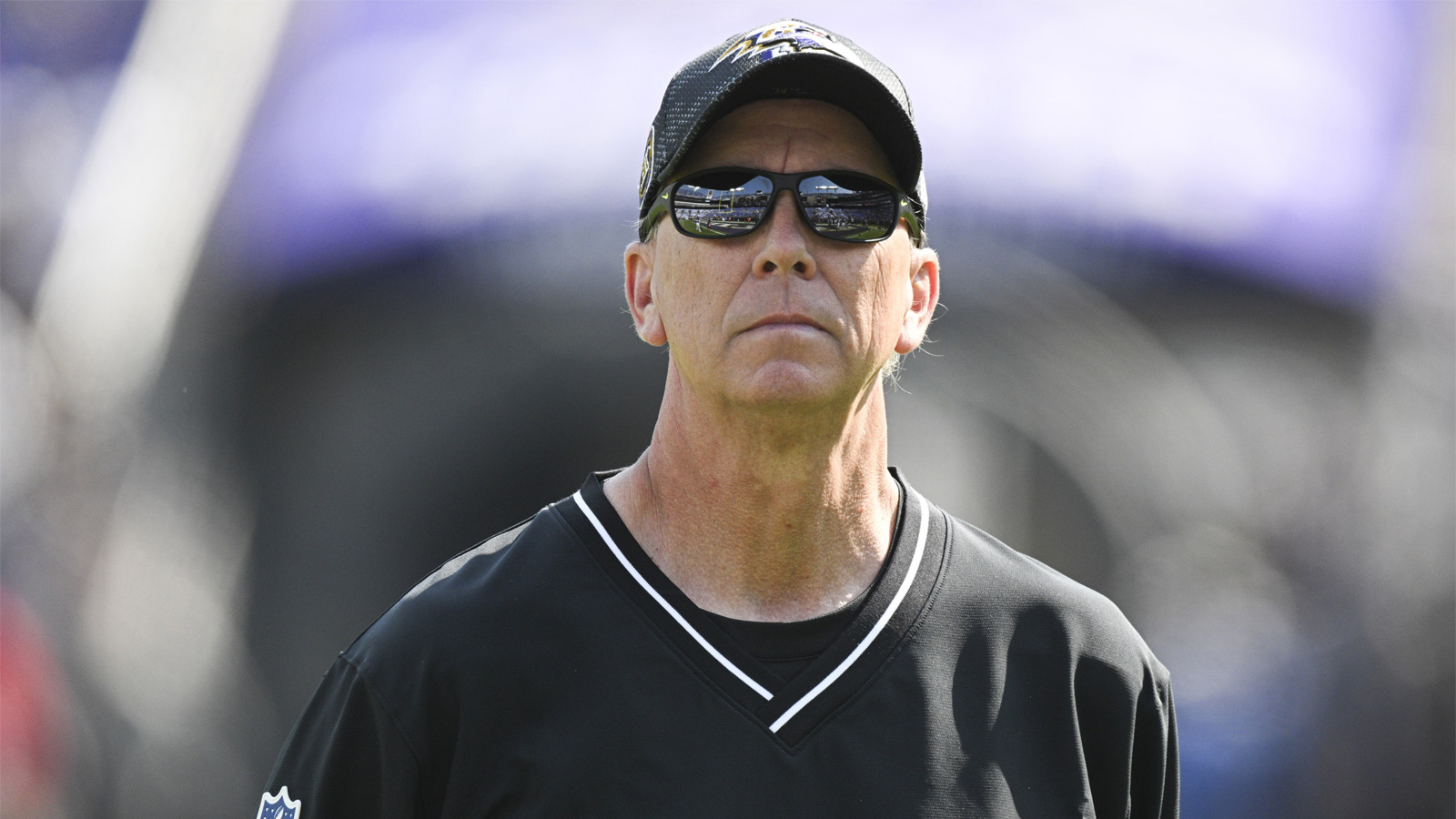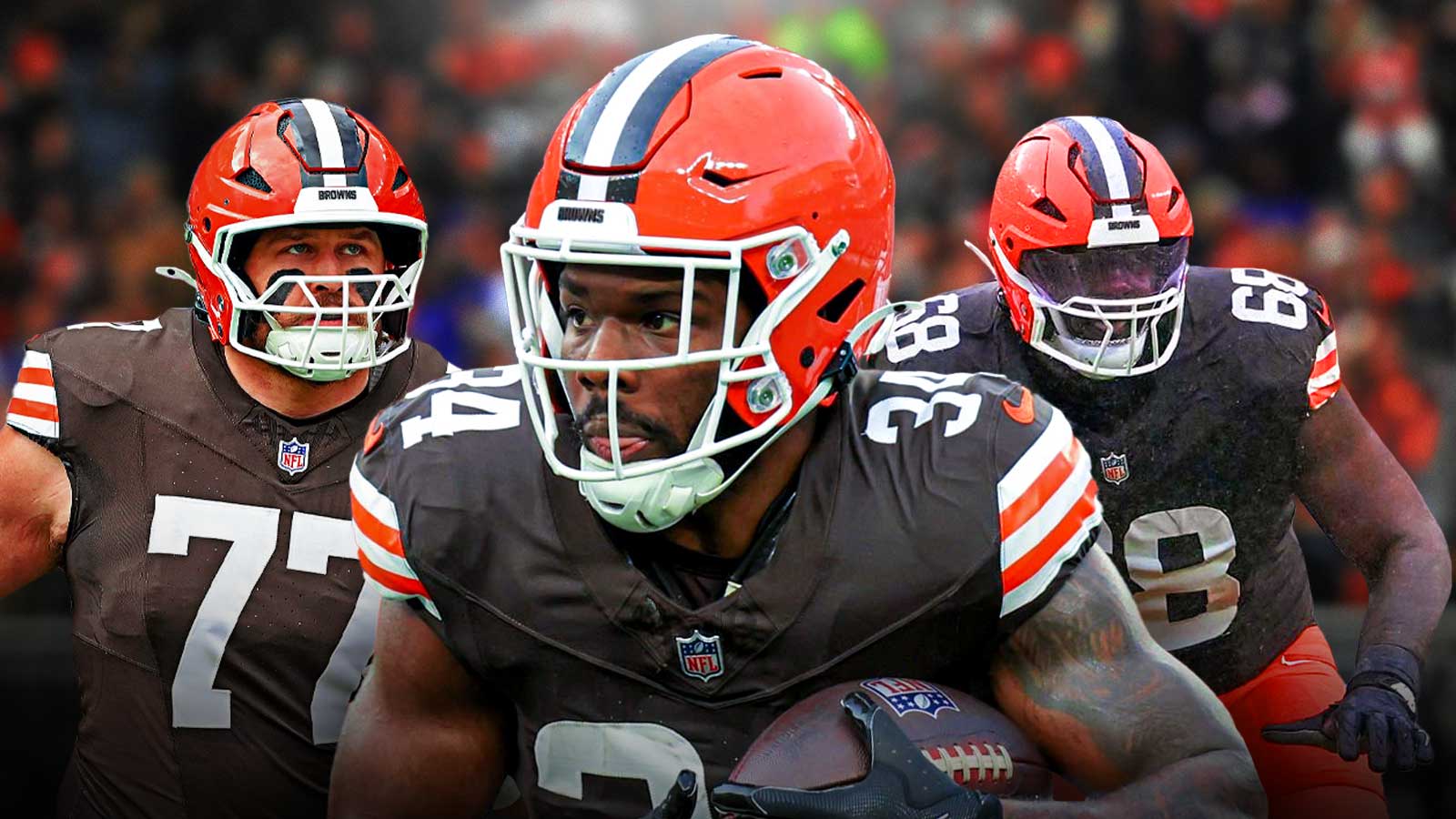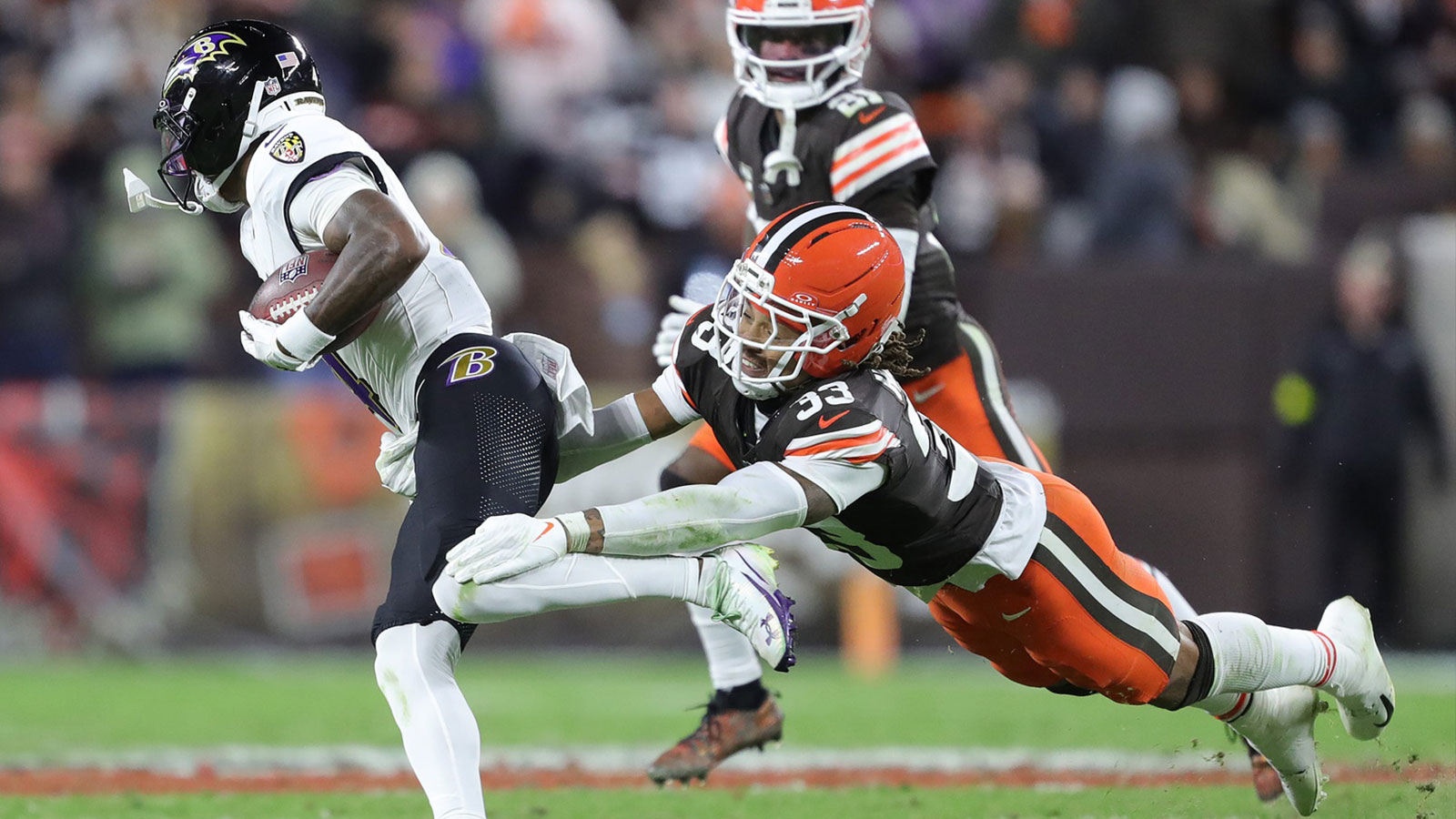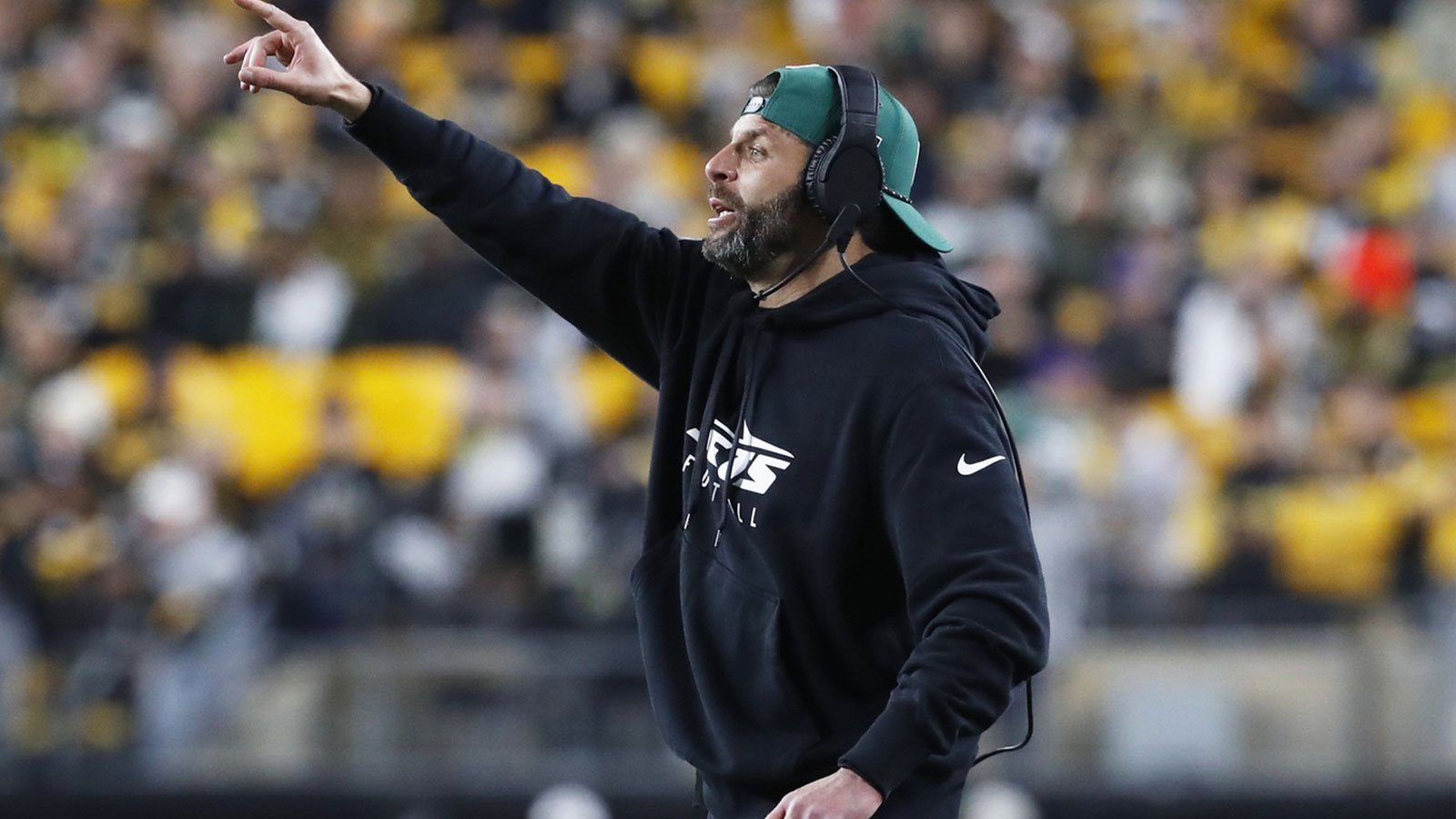Jim Brown was very likely the best running back who ever carried a football in NFL history.
There may be other running backs who exceed the totals that he put together during his 9-year NFL career, but he was the standard by which all running backs have been measured. He was a wrecking ball of a runner who closed out his career by running for 1,863 yard in 1963, 1,446 yards in '64 and 1,544 yards in '65.
To many of those who watched football in those years, Brown was a man among boys. He was the biggest, strongest, and fastest man on the field.
Jim Brown's football legacy
Brown was a 4-time league MVP and also led the NFL in rushing in 8 of his 9 season. He averaged better than 100 yards per game throughout the whole of his career, a record that still stands today. Brown had a remarkable average of 5.2 yards every time he ran with the ball.
He also never missed a game in his career, and that is truly a remarkable achievement.
Brown was the focus of nearly every team's defensive game plan in an era where nearly anything went on the field. He was always targeted and always the subject of hard hits, but he never had to miss a game because of injury. It was not that Brown did not get hurt on the field. He just had a remarkable ability to shake off those injuries and return to the field of play almost immediately.
Brown walked away from the game of football after the 1965 season and his record of 12,312 yards stood as the standard until Walter Payton exceeded that number 19 years later. While Payton was a tremendous player in his own right and surely ranks in the top 10 all-time, it took Payton 435 more carries than Brown to surpass his total.
Brown led the Cleveland Browns to the 1964 NFL title, driving the team to a 27-0 victory over the favored Baltimore Colts in the championship game.
He would retire a year later.
Brown's post-football legacy
After his sudden retirement from the NFL, he went on to a career as an on-screen actor in notable Hollywood films and as a civil rights activist. He appeared in multiple films, including The Dirty Dozen, El Condor, Riot, 100 Rifles, The Running Man and Any Given Sunday.
His movie career demonstrated that Brown brought the same gravitas he had on the football field and it transferred quite readily onto the big screen. He held his own with stars like Raquel Welch, Al Pacino and Lee Marvin with a sense of self-assuredness that few could match.
As the civil rights movement came into prominence in the 1950s and '60s, many athletes were hesitant to speak out. However, Brown was not one of them. He spoke on behalf of black citizens and the rights that were often denied without any hesitations.
He played a founding role with the Black Economic Union, an organization used to created jobs for black and poor citizens. The organization helped get business loans to minorities that helped many gain self-sufficiency and serve as examples for the community.
Brown also played a prominent role in helping black athletes show their support for Muhammad Ali after he was facing a prison term when he refused to be drafted as a protest for the Vietnam War. He helped organize the athletes — a group that included Bill Russell and Kareem Abdul-Jabbar — and the image was one of caring, power and brotherhood.
Multiple reactions to Brown's death
There were a significant number of reactions following the death of the icon.
Shortly after Brown's wife Monique announced the great player's passing, former President Barack Obama offered his thoughts on the former Cleveland Brown player's significance.
I was too young to remember Jim Brown’s playing days, but I knew his legacy. One of the greatest football players ever, he was also an actor and activist – speaking out on civil rights, and pushing other Black athletes to do the same. Our thoughts are with Jim’s wife Monique, his…
— Barack Obama (@BarackObama) May 19, 2023
“I was too young to remember Jim Brown’s playing days, but I knew his legacy,” Obama said. “One of the greatest football players ever, he was also an actor and activist – speaking out on civil rights, and pushing other Black athletes to do the same. Our thoughts are with Jim’s wife Monique, his children, and everyone who knew and admired him.”
Others who offered their thoughts included former Cleveland Browns player and Baltimore Ravens executive Ozzie Newsome, who was mentored by Brown.
"His impact on this game and the NFL community cannot be understated. I will miss my friend."
Ozzie Newsome and the Baltimore Ravens share our condolences after the passing of NFL legend Jim Brown. pic.twitter.com/Y9WwIi5Utn
— Baltimore Ravens (@Ravens) May 19, 2023
The NFL offered this reaction to the loss of one of its most significant players.
We are heartbroken by the passing of the legendary Jim Brown.
One of the greatest players in NFL history, a true pioneer and activist. Jim Brown’s legacy will live on forever. 🕊️ pic.twitter.com/byBcZ0c7KG
— NFL (@NFL) May 19, 2023
He was a brilliant performer on the football field, and quite possibly its greatest player ever. However, there was much more to Brown's life, and his impact as an activist and an actor will live as long as his on-field legacy.

